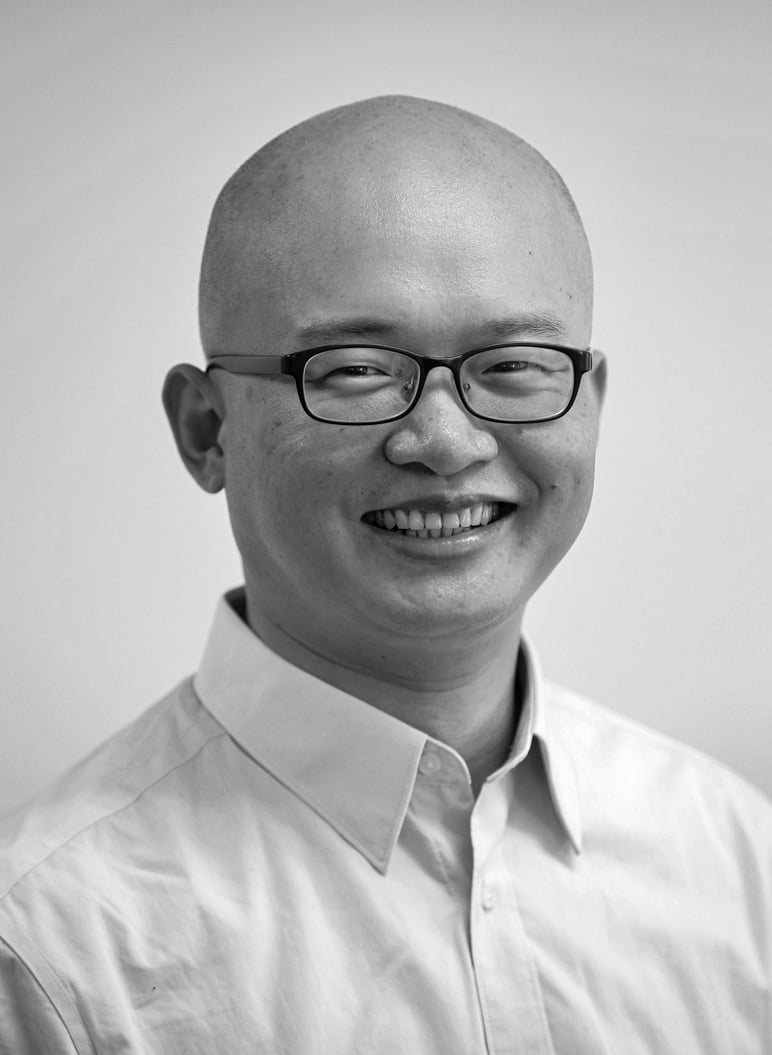
China’s ‘nanny state’ push shows how far Beijing will go to get children behind national rejuvenation efforts
- First Beijing set limits on homework and tutoring, now it is cracking down on the time teens spend playing videos games
- But how can a country of 1.4 billion people do what’s right for everyone?
The statesman who transformed Singapore into one of the world’s richest and cleanest places famously defended his form of governance by saying, “If Singapore is a nanny state, then I am proud to have fostered one.”
Lee Kuan Yew’s sense of pride in the powerful city state, which can tell its people what to do and what not to do in their day-to-day lives, is being echoed in Beijing as the Chinese government takes that approach to new heights with its efforts to restrict how teenagers spend their time – from their off-campus activities to video games.
The new government regulations read like dictates being asserted by the head of an old clan, deeply worried about the health and safety of children in their large extended families.
In the central government’s regulations on “reducing the burdens on students”, Beijing made it clear that children in Grades 1 and 2 should have no homework, while those in Grades 3-6 must be able to complete their homework in half an hour. After school, kids should engage in “house cleaning, sports, reading and cultural activities”. These points are among those covered in the regulation’s 30 articles.
Births in China (1950-2020)
| Year | Births (millions) |
|---|---|
| 1950 | 20.42 |
| 1960 | 13.81 |
| 1970 | 27.74 |
| 1980 | 17.97 |
| 1990 | 23.91 |
| 2000 | 17.71 |
| 2010 | 15.88 |
| 2020 | 12 |
China’s powerful ministries are now rushing to issue new rules and notices, trying to create for young people a “clean” online world where information deemed harmful – such as gossip about the private lifestyles of celebrities – is kept to a minimum.
The end game of this “nanny state” push, it seems, is to make sure China’s future generations are not hindered by the pursuit of “vulgar” pleasures, nor divided by different social status or confused by foreign influences.
But the cost of implementing a nanny state will be huge in a country as vast as China. In a nationwide view, it is probably right that half of 15-year-olds should attend a vocational training school instead of high school to prepare for university entrance exams. But few parents in Beijing and Shanghai will be content sending their kids to vocational schools to prepare for blue-collar jobs.
The fundamental problem of a nanny state is that it cannot take into account the best interests of everyone. The nanny will be welcomed by some but loathed by others.

